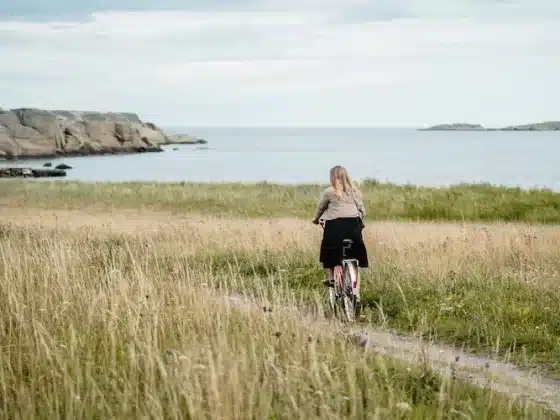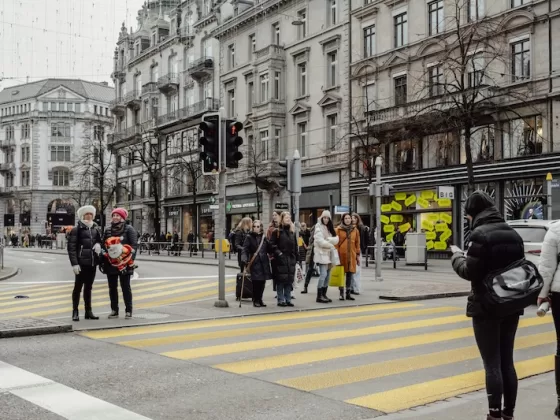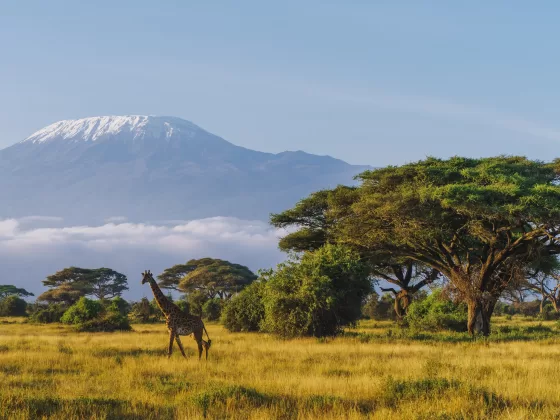Just like in your own country, there are precautions that should be taken when traveling abroad. There are the obvious things, like don’t walk around alone at night in dark alleyways, but there are some other practical points to consider as well. Here are just a few.
- Research the country and city that you are visiting.
Sometimes it’s helpful to Google common mistakes made by American tourists in your area of interest. You might be surprised at what could be taken as offensive in another culture. For example, in some Asian cultures, it can be seen as rude or as a sign of arrogance to rest your hands in your pockets. In some Eastern European cultures, nodding your head “yes” actually means “no.” Find out what is customary in the country that you’re visiting, so that you don’t stick out too much or offend anyone.
You should also research which areas to avoid. Where are the bad neighborhoods? Where isn’t it safe to go after dark? You may be surprised at which places are perfectly okay during the day, but are no-go zones when the sun goes down. - Get travel insurance and enroll in STEP.
The Smart Traveler Enrollment Program (STEP) is a free service run by the government to keep U.S. citizens and nationals safe when abroad. Once you’re enrolled, the program will keep you up-to-date on information from the Embassy about safety conditions in the country you’re visiting, and it also allows the U.S. Embassy and family and friends to contact you in an emergency.
While STEP is a very useful resource, it doesn’t help in every situation. Make sure you are insured when traveling abroad. Travel insurance can cover your medical expenses if needed while overseas, but it does more than that. Imagine losing your luggage, or having to cancel your trip due to an emergency or sickness. Travel insurance is there to reimburse you the cost of the trip (the parts you didn’t get to experience, that is) and will even cover some of your airfare cost to get home. This insurance can really save you if something unplanned happens. - Create a paper trail.
Make sure your family and friends know your itinerary, give someone an actual copy of it. Someone should always know where you are. It’s just a matter of safety. It’s also a good idea to post social media updates, or send emails from time to time, so that everyone back home knows you’re okay.
[amazon_ads ads=mid] As part of this precaution, you and anyone you’re traveling with, should also keep the address of your hotel recorded, either on your phone or in writing. If friends get separated, or if you get separated from your group for some reason, you’ll still be able to find your way back to a meeting place.
Finally, as a last part of the paper trail, make sure and create copies of your passport and the front and back of your credit cards, and other important documents. You might even prefer to simply email this sensitive information to yourself, so that there aren’t copies floating around. The point behind this is to help you more easily recover these things (or cancel them) if they are lost or stolen.
- Don’t flaunt your tourist status.
You could appeal to the wrong crowd as an easy target if you’re jaunting around with a fanny pack and – this goes back to our first point – making hand gestures that seem out of place. Take some safety measures that will lessen the likelihood that you’ll get robbed when traveling abroad.
Keep an eye out for how the locals dress and carry themselves. Don’t wear flashy jewelry or brand new shoes…or a fanny pack! This is another smart reason to research the customs of the place you’re headed to. The more you fit in among the locals, the better. - Keep track of all local emergency numbers.
Do you know how to call for help if you need to? Find out how to reach the local police and fire stations. Look for the nearest U.S. consulate or embassy. Make sure you know how to call a cab! These could be things you didn’t realize were important until it was too late. It’s always best to prepared.
Most importantly, you should trust your gut. If you feel an area is bad, even if you aren’t sure why, you’ll be better off avoiding it. Making sure these things are all addressed up front will inevitably bring you the peace of mind necessary to enjoy your travels abroad.
[amazon_ads]
If you’re considering traveling or moving abroad, be sure to explore your healthcare options. Visit International Citizens Insurance to learn more and get a free quote.










